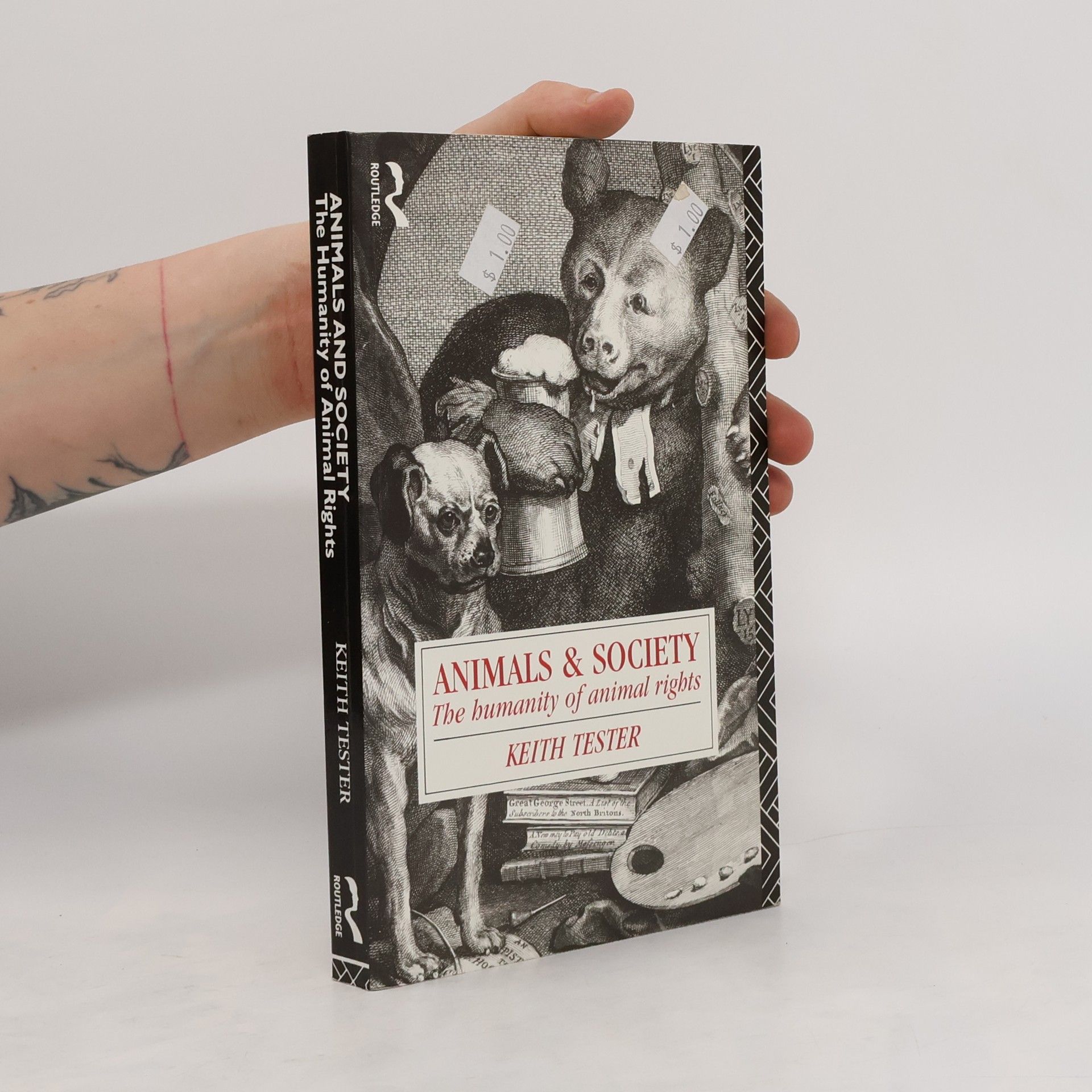Keith Tester Knihy
Keith Tester se ve své sociologické práci zabývá především propojením kultury a morálky. Klade znepokojivé otázky o tom, jak současné mediální poznatky o utrpení ve světě ovlivňují naše jednání a co toto poznání pro nás znamená. S odkazem na kritickou teorii a myšlenky Zygmunta Baumana zkoumá, zda nás kulturní průmysl nepředurčuje v tom, co můžeme vědět a jak reagovat. Jeho zájem o kulturu se projevuje i v publikacích zaměřených na film a umění.


To piec pasjonujacych rozmow w ktorych Bauman opowiada o mlodosci spedzonej w Polsce i o powojennej polskiej socjologii prezentuje swoich intelektualnych mistrzow i powinowatych objasnia kluczowe watki swojej mysli spolecznej i wypowiada sie na temat jej przyszlosci Wyjasnia jak to jest byc jednoczesnie socjalista i liberalem i dlaczego wierzy ze swiat moze i powinien byc zmieniany